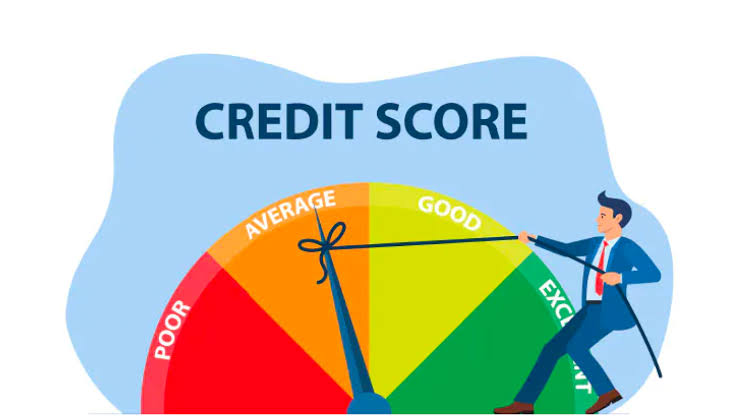How Indian Students Can Build a Credit Score: Step-by-Step Guide

Credit Score Not Mandatory for First-Time Borrowers, Clarifies Ministry of Finance – RBI Issues Key Guidelines
Education loans serve as an effective means not only to finance your education but also to enhance your credit score.
Establishing a strong credit score early on is essential for students aiming to achieve long-term financial goals. A solid credit history not only showcases responsible financial behavior but also improves their ability to repay future debts. Maintaining a good credit score can lead to access to more favorable financial products, reduced interest rates, and increased credit limits when applying for loans or credit cards later in life. In this article, we explore five effective ways students can begin building a healthy credit profile from a young age.
A credit score is a numerical indicator that assesses the probability of a person repaying borrowed funds, serving as a crucial gauge of financial trustworthiness. This score is generated by credit bureaus, which collect and maintain data on the financial activities of individuals and businesses. These bureaus operate under the supervision of the Reserve Bank of India (RBI) and comply with the regulations set forth in the Credit Information Companies (Regulation) Act of 2005.
A good credit score—anything above 750—can significantly improve your chances of securing loans, credit cards, renting apartments, and even landing a reputable job. It reflects your ability to manage finances responsibly and opens the door to better financial products, lower interest rates, and higher credit limits.
Here are five actionable tips to help students build a strong credit score from the start:
1. Start with a Secured Credit Card
Since most students don’t have a long credit history or steady income, a secured credit card is an ideal option to begin building credit. These cards are backed by a fixed deposit that serves as your credit limit. By making small, regular purchases and paying off the balance in full each month, you can build a solid credit history. Choose a card that reports to major credit bureaus to ensure that your activity is accurately recorded.
2. Make Payments on Time
Your payment history makes up about 35% of your credit score, making it one of the most critical factors. As a student, it’s essential to pay all bills on time, including credit card payments, student loan EMIs, mobile phone bills, and utility bills. Setting up automatic payments, reminders, or using budgeting apps can help ensure you never miss a due date. Even one late payment can hurt your score significantly, so it’s crucial to stay on top of all payments.
3. Keep Credit Utilization Low
Credit utilization—the percentage of your available credit that you use—is another key factor in determining your credit score. Experts recommend keeping this below 30%. For example, if your credit card limit is ₹20,000, try not to spend more than ₹6,000 in a billing cycle. High credit utilization can signal financial strain, even if you’re making timely payments. Over time, you may request a higher credit limit, which helps keep your utilization rate low and improves your credit score.
4. Utilize Education Loans Wisely
Education loans can be a great tool not only for funding your studies but also for building your credit score. Most loans have a moratorium period, meaning you won’t have to start repaying until after your course is completed. Once repayment begins, making regular EMI payments helps build a positive credit history. Ensure that your lender reports repayments to credit bureaus, and if possible, consider paying the interest during the moratorium period to strengthen your credit profile.
5. Check Your Credit Reports Regularly
Even if you don’t have much credit activity, it’s important to check your credit reports periodically. Errors like incorrect personal details or unauthorized inquiries can negatively affect your score. You’re entitled to one free credit report per year from major agencies such as CIBIL, Experian, Equifax, and CRIF High Mark. If you spot any inaccuracies, report them immediately to ensure your credit profile reflects your true financial behavior.
Bonus Tip: Limit Loan Applications
Each time you apply for a loan or credit card, it results in a hard inquiry on your credit report. Multiple hard inquiries in a short time can lower your score. Be strategic with your applications—only apply when necessary and when you’re confident you’ll be approved.
By following these straightforward steps, students can lay the groundwork for a strong credit score. This foundation will make it easier to secure loans, credit cards, and better financial opportunities in the future.












